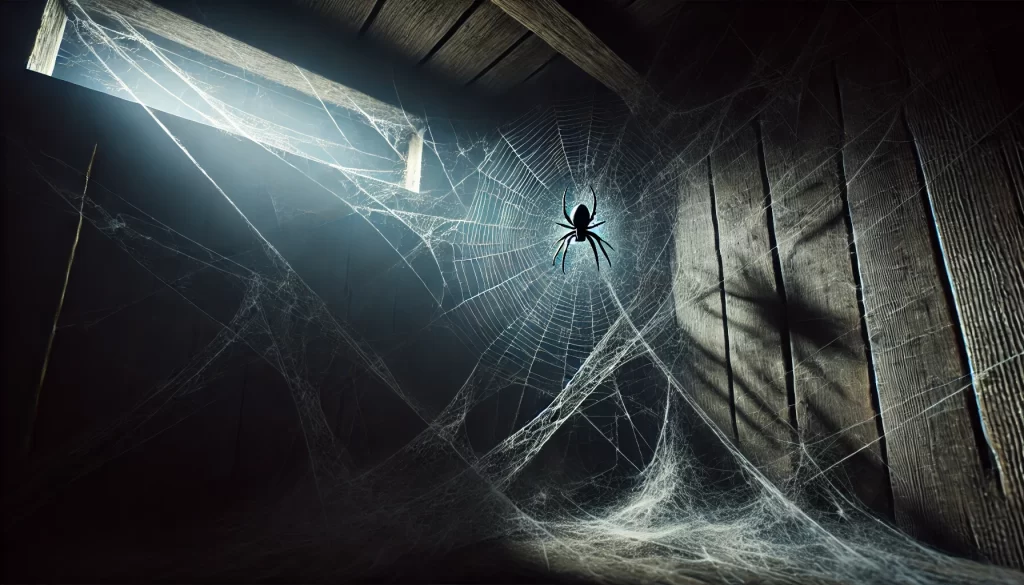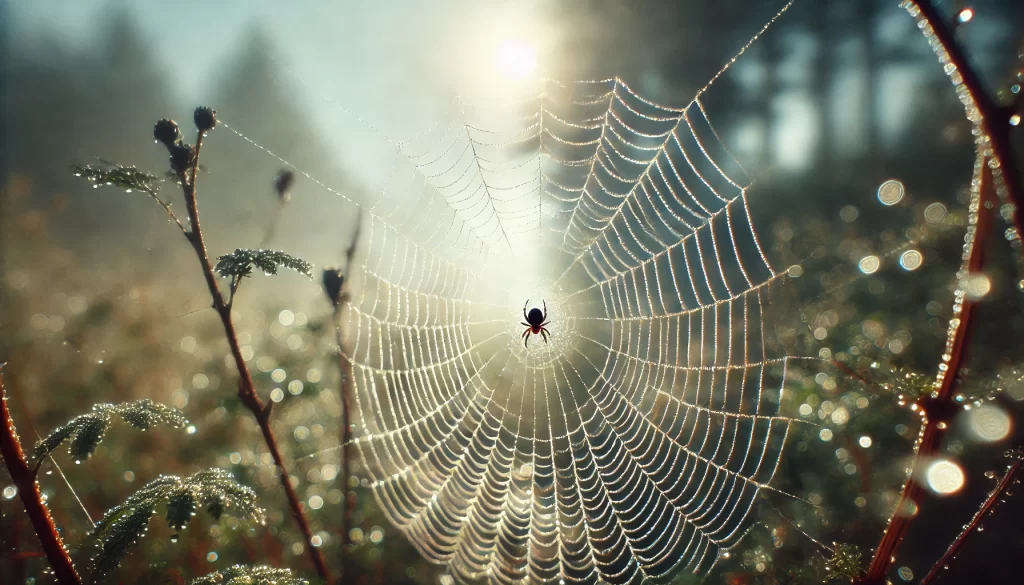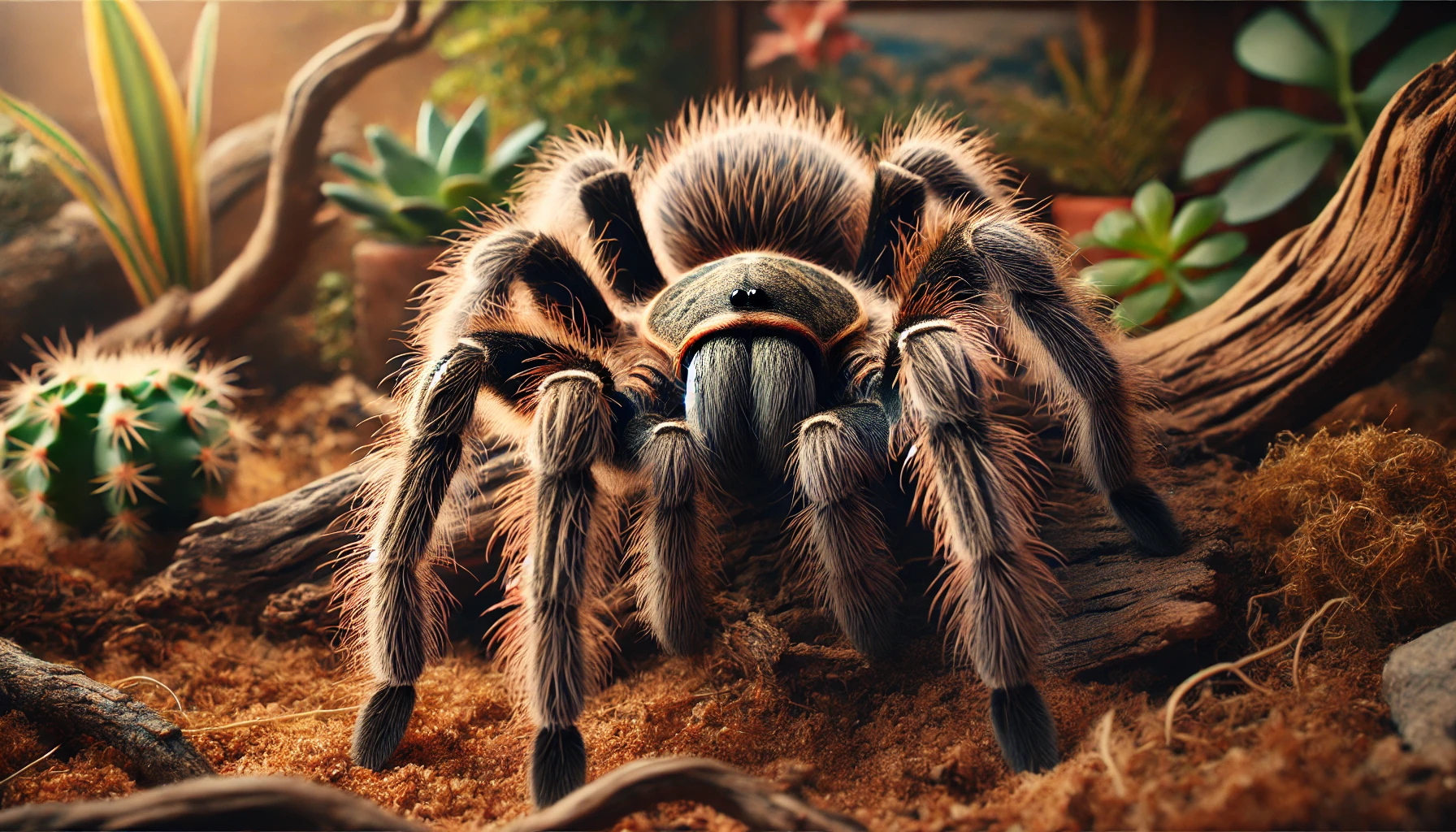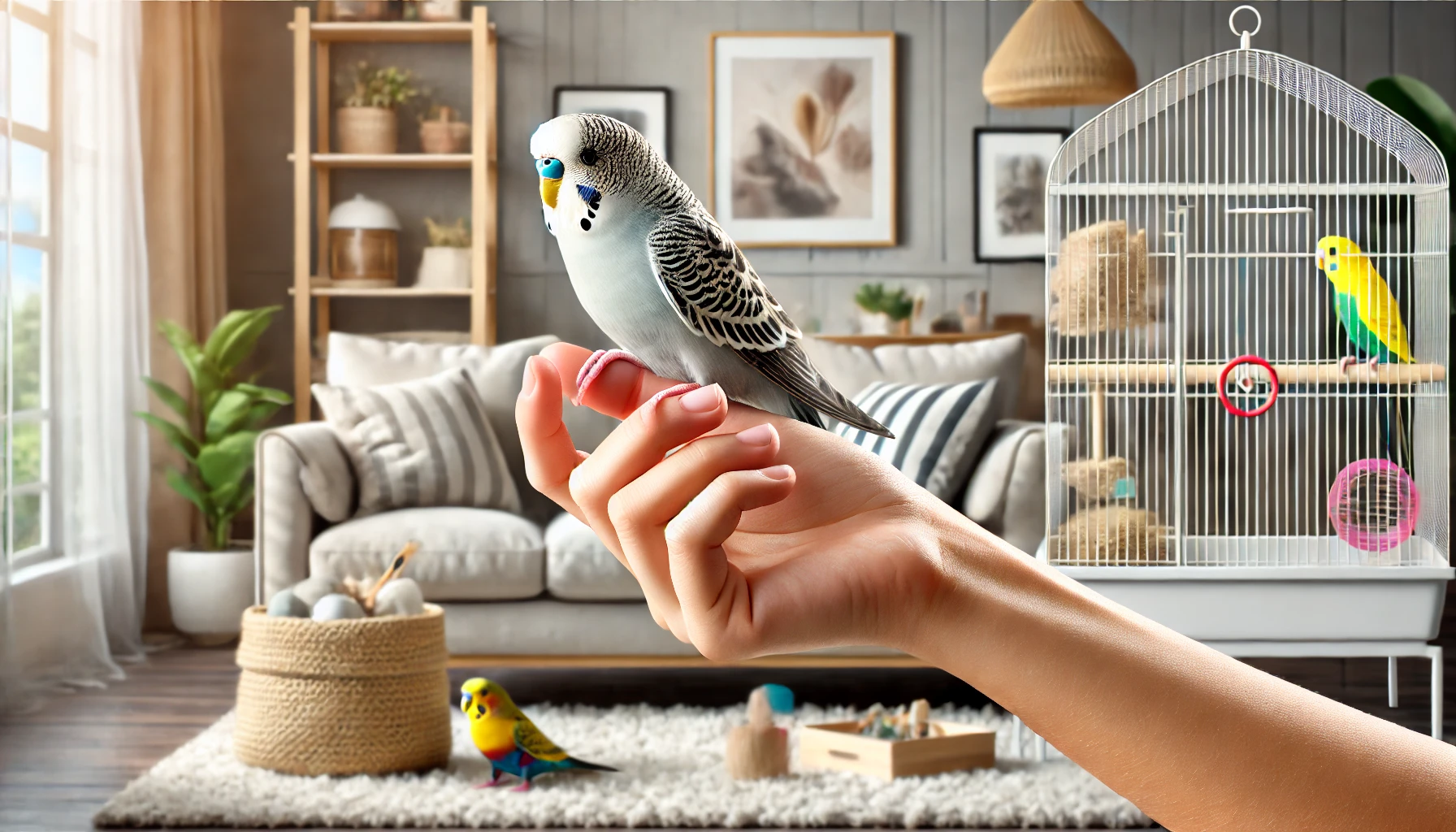Table of Contents
Spiders are fascinating creatures with unique survival instincts. One question many people often ask is, “How long do spiders live without food?” The answer might surprise you. In this article, we’ll explore the resilience of spiders, their ability to go without food for extended periods, and the shocking truth behind their survival skills. Whether you’re curious about a spider in your home or just intrigued by these eight-legged wonders, this article will provide you with all the answers you need.
Understanding Spider Physiology

To understand how long spiders can live without food, it’s essential first to grasp their physiology. Spiders have evolved over millions of years, adapting to various environments, from deserts to rainforests. Their bodies are designed to be highly efficient, conserving energy in ways that allow them to survive long periods without sustenance.
Slow Metabolism and Energy Conservation
Spiders possess a slow metabolism, which plays a crucial role in their ability to survive without food. Unlike mammals, whose fast metabolism requires regular feeding, spiders can slow down their bodily functions to conserve energy. This slow metabolism is key to how long do spiders live without food. By reducing their activity levels, they minimize energy expenditure, allowing them to endure longer fasting periods.
Factors Influencing a Spider’s Survival Without Food
While spiders are known for their resilience, the length of time they can survive without food varies depending on several factors. These include species, size, environment, and age.
Species Differences
Different species of spiders have different survival capabilities. For instance, some spiders, like the tarantula, can survive for several months without food due to their larger size and slower metabolism. In contrast, smaller spiders may only last a few weeks. Knowing how long do spiders live without food often depends on understanding these species differences.
Environmental Conditions
The environment also plays a significant role in a spider’s ability to survive without food. Spiders living in colder climates tend to have slower metabolisms, which allows them to go without food for longer periods. On the other hand, spiders in warmer climates may require food more frequently. The surrounding environment directly impacts how long do spiders live without food by influencing their metabolic rate.
Age and Health of the Spider
A younger, healthier spider is more likely to survive longer without food compared to an older or weaker one. Age and health are critical factors in determining how long do spiders live without food. Younger spiders have more energy reserves and can go longer periods without nourishment, while older spiders may struggle to survive if they cannot find food within a shorter timeframe.
Real-Life Examples of Spider Fasting

To better illustrate how long spiders do live without food, let’s look at some real-life examples of spider fasting.
The Tarantula’s Survival Skills
Tarantulas are one of the most well-known spiders for their ability to survive without food. These large, hairy spiders can go up to two years without eating, depending on their environment and health. This remarkable feat showcases their incredible adaptation skills and serves as a prime example of how long do spiders live without food.
The House Spider’s Endurance
Common house spiders, found in many homes, can survive for several months without food. While they may not last as long as tarantulas, their ability to endure without sustenance still surprises many. Understanding how long spiders live without food in your home can help you better manage and control their presence.
What Happens When a Spider Goes Without Food?
Now that we know how long spiders can live without food, it’s important to understand what happens to their bodies during this period. Spiders enter a state of low activity, often referred to as phlegm, to conserve energy. This state allows them to reduce their metabolic rate further and survive longer.
Physical Changes
During extended periods without food, spiders may experience physical changes such as weight loss and reduced mobility. Their bodies will prioritize essential functions, shutting down non-critical processes. Despite these changes, their survival instinct remains strong, demonstrating how long do spiders live without food under extreme conditions.
Behavioral Adaptations
Spiders may also change their behavior when food is scarce. Some species will stop spinning webs and reduce movement to conserve energy. These behavioral adaptations are crucial to their survival and play a significant role in determining how long spiders can live without food. By minimizing energy use, they can extend their fasting period significantly.
Also Read: E Collar Technologies: Unleash Your Dog’s Best Behavior Today!
Can Spiders Survive Without Water?
While food is vital, water is even more crucial for a spider’s survival. Most spiders can survive without food for extended periods of time, but they require water to stay alive. Dehydration is a greater threat than starvation. Understanding the relationship between food and water helps explain how long do spiders live without food and what ultimately limits their survival.
What To Do If You Find a Starving Spider
If you encounter a spider that seems to be starving, there are a few things you can do to help. While it’s natural to be cautious around spiders, they are generally harmless and play an important role in controlling insect populations.
Providing Food
If you want to help a spider in your home, you can provide small insects like flies or ants. These are natural prey for many spider species and can give the spider the energy it needs to survive. Knowing how long spiders live without food can guide your actions in assisting these creatures.
Relocating the Spider
If you prefer not to have spiders in your home, consider relocating them outside rather than killing them. Spiders are beneficial predators, and their presence can help keep pest populations in check. Relocating them ensures they have access to food in a natural environment, especially considering how long do spiders live without food in your home, which might not be ideal for them.
How long do spiders live without food? The answer varies depending on the species, environment, and age, but one thing is certain—spiders are incredibly resilient creatures. Their ability to survive without food for extended periods is a testament to their evolutionary success. Whether you find them fascinating or frightening, understanding how long do spiders live without food gives us a greater appreciation for these unique and vital creatures.




